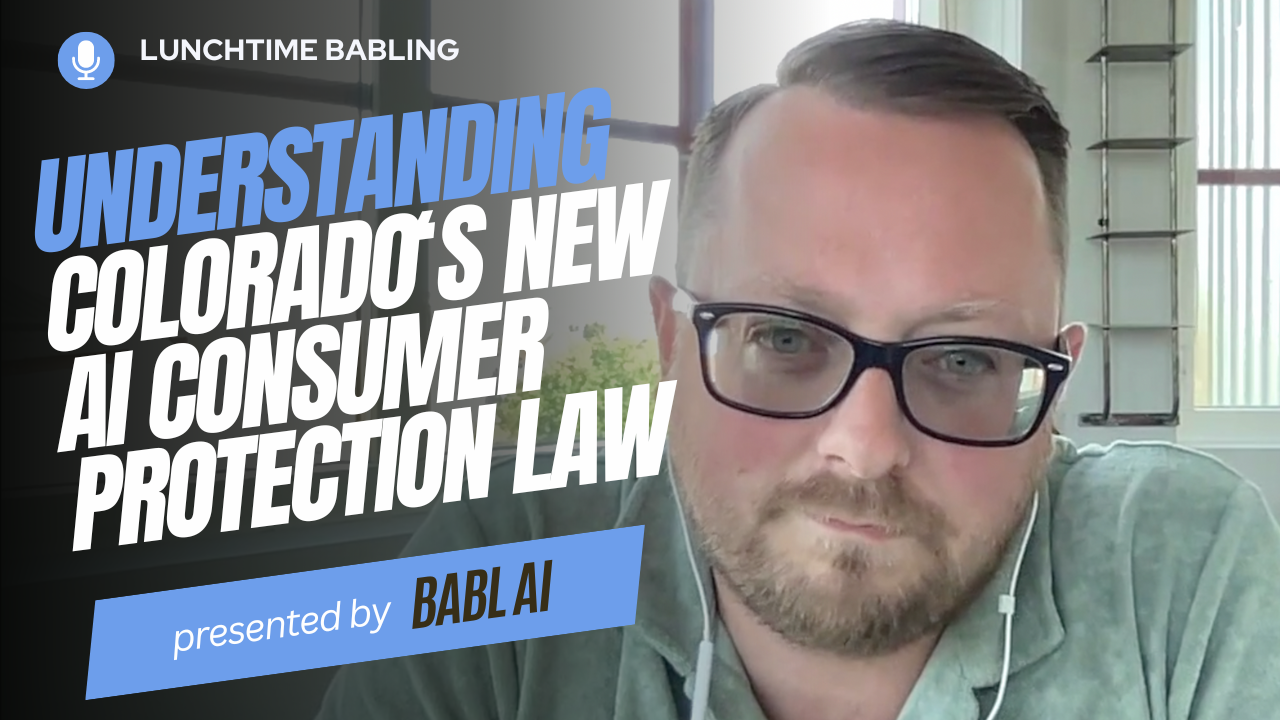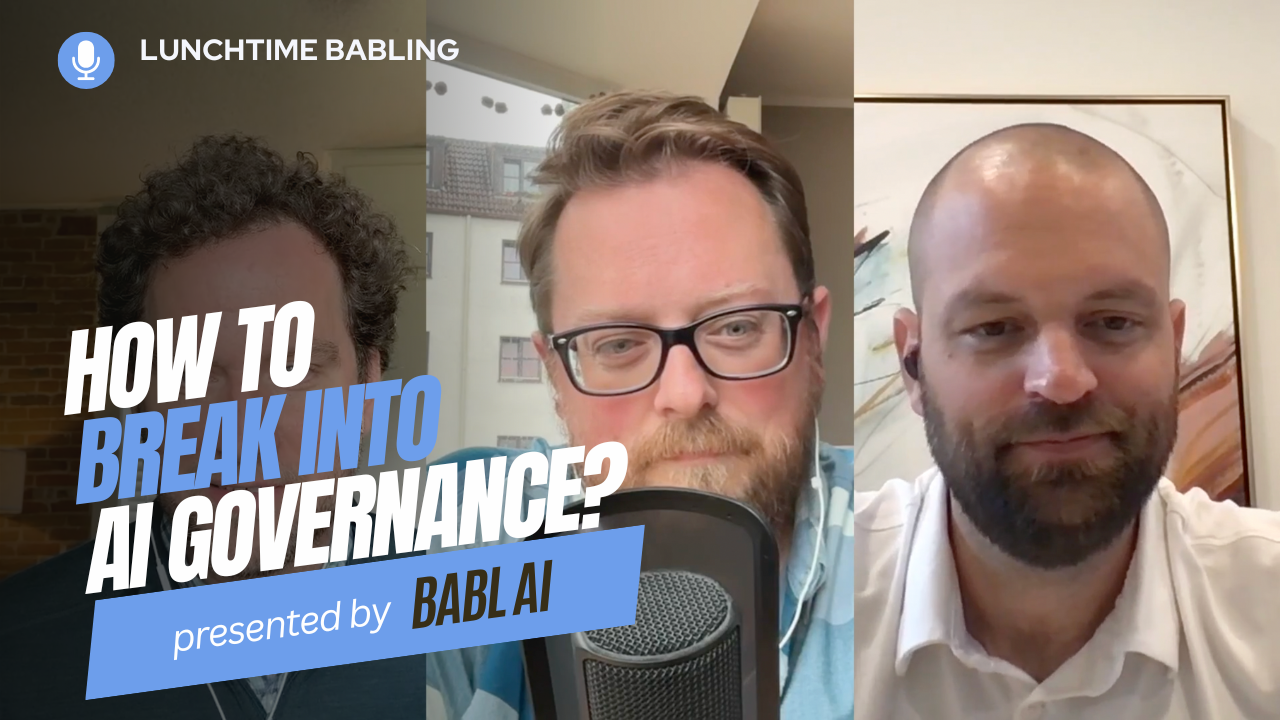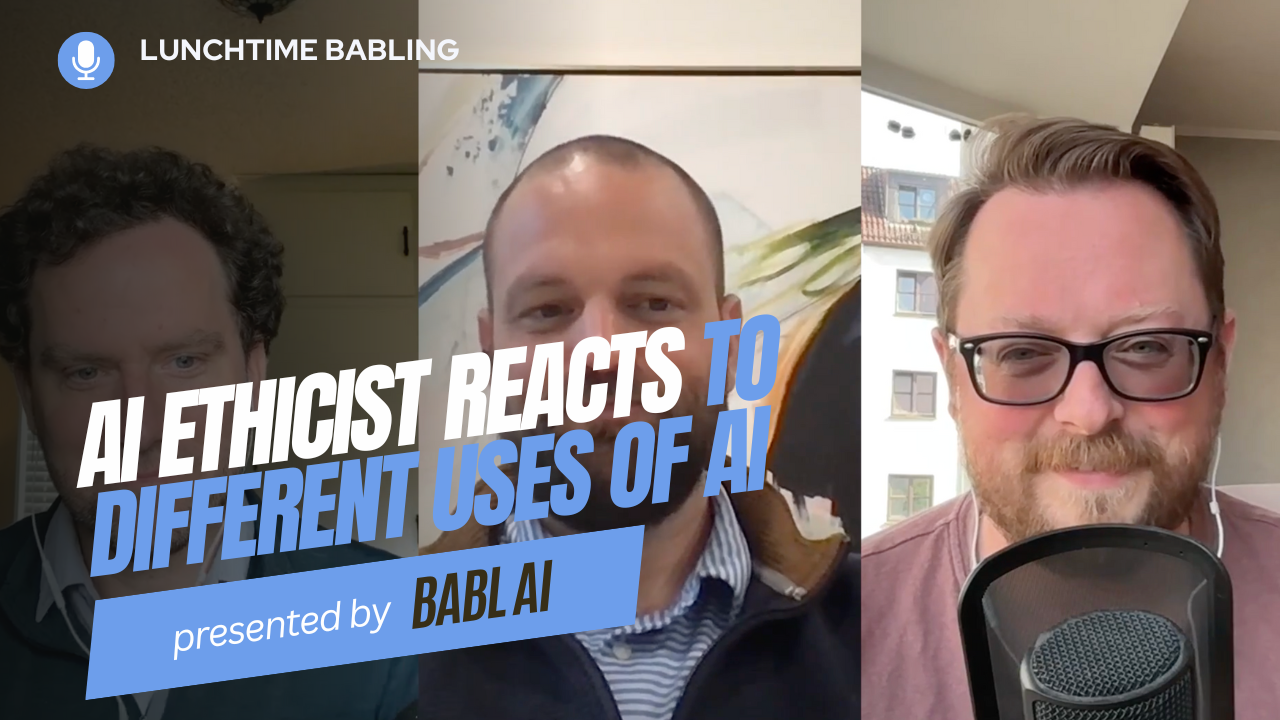UPDATE — AUGUST 2025: The podcast episode remains a timely and accurate overview of Colorado’s AI Consumer Protection Law (SB 24-205). However, the law has not yet taken effect, and its implementation timeline is still evolving.
-
Governor Jared Polis signed the law on May 17, 2024.
-
The law will take effect on February 1, 2026. Attempts to delay or amend it, including SB 25-318, have failed or been postponed.
-
The episode correctly explains the core duties for developers and deployers of high-risk AI systems. These include:
-
Preventing algorithmic discrimination through risk management programs.
-
Conducting risk assessments.
-
Disclosing AI use in consequential decisions.
-
Providing consumers with explanations and appeal rights.
-
Reporting known risks to the Attorney General within 90 days.
-
Concerns raised in the podcast about compliance complexity and cross-state business challenges reflect real debates in Colorado and beyond.
ORIGINAL PODCAST POST:
Understanding Colorado’s New AI Consumer Protection Law | Lunchtime BABLing 37
In the latest episode of “Lunchtime BABLing,” hosted by BABL AI CEO Shea Brown and with guest COO Jeffery Recker, the discussion centers on Colorado’s innovative AI Consumer Protection Law. This significant legislative move positions Colorado as a pioneer in the AI regulatory landscape, mirroring aspects of the EU AI Act but with a distinctive focus on preventing algorithmic discrimination.
Understanding the Colorado AI Consumer Protection Law
The law introduces stringent requirements for both developers and deployers of AI systems, aimed at safeguarding consumers against biases and other risks inherent in AI technologies. Shea and Jeffery delve into the implications of the law, noting its potential to serve as a model for other states or even at the federal level, despite the complexities and challenges it introduces for businesses operating across state lines.
Key Provisions of the Law
- Risk Management: The law mandates that deployers of high-risk AI systems implement comprehensive risk management programs to prevent algorithmic discrimination. This includes conducting regular risk assessments and maintaining detailed documentation of AI systems’ capabilities and limitations.
- Transparency and Accountability: Developers must disclose the types of high-risk AI systems they have developed and their approaches to managing discrimination risk. This disclosure extends to any known risks, which must be reported to the Colorado Attorney General within 90 days of discovery.
- Consumer Rights: In line with enhancing transparency, the law requires that consumers be informed about decisions made by AI systems affecting them, including the rationale behind any adverse decisions and the opportunity to appeal or correct data.
Practical Challenges and Strategies
Implementing the law will undoubtedly be challenging, requiring significant effort from companies to align their operations with the new regulations. Shea highlights the necessity of starting early, advising companies to develop cross-functional strategies that encompass legal, compliance, and technical perspectives to ensure compliance and effective risk management.
Looking Ahead
Colorado’s law takes effect before many EU requirements. Shea and Jeffery advise businesses to use this time to prepare for a wider regulatory shift. They emphasize holistic compliance strategies that work in Colorado and other jurisdictions.
Conclusion
This episode of Lunchtime BABLing gives listeners a clear look at how AI regulation is changing. It provides practical advice for developers, deployers, and consumers navigating the legal frameworks shaping AI.
Hence, listeners can also take advantage of a 20% discount on all BABL AI courses using the coupon code “BABLING20” and delve deeper into the topic by reading related articles on the BABL AI website.
Also, find all Lunchtime BABLing episodes on YouTube, Simplecast, and all major Podcast Streaming Platforms.





